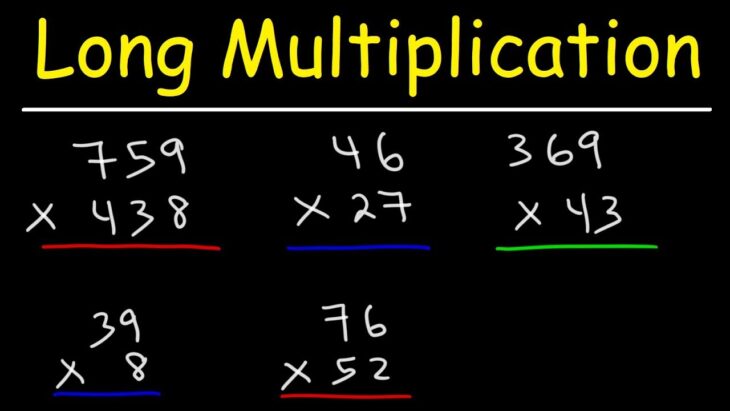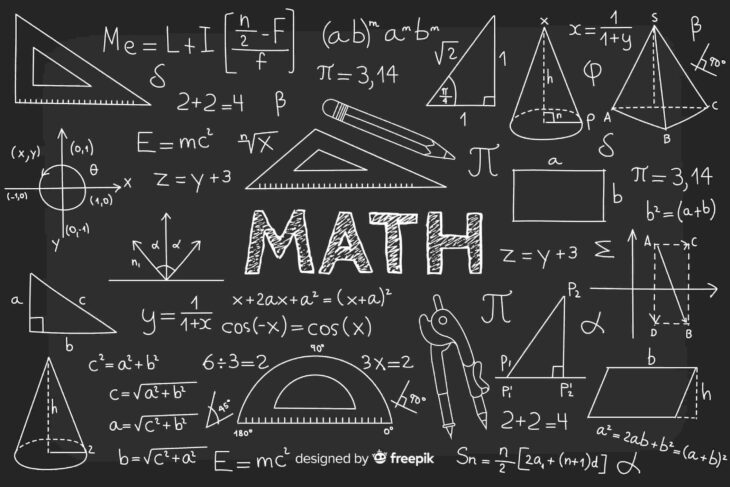In India, the banking sector is one of the highest employment generating public sectors in the country. Lakhs of candidates participate in the banking sector recruitments held annually for various posts.
Job in a Public Sector Bank is respectable, offers a decent salary, provides opportunities for growth and is highly aspired by the people of the country. The major organisations conducting bank exams in the country include:
- Institute of Banking Personnel Selection (IBPS)
- State Bank of India
- Reserve Bank of India
Each organisation conducts an examination for Officers and clerical staff. Given below is a list of the most common and popular posts for which recruitment is conducted:
- RBI Grade B Officer
- RBI Assistant
- SBI Probationary Officer
- SBI Junior Associate
- SBI Specialist Officer
- IBPS Probationary Officer
- IBPS Clerk
- IBPS Specialist Officer
- IBPS RRB PO and Clerk
To know in detail about each of these Bank Exams, aspirants can visit the linked article.
Discussed below are a few other important aspects of a job opportunity in the banking industry. Aspirants looking forward to applying for the exam can refer to the information below.
All About Bank Exams
The recruitment process for almost all posts is similar. Official notification and application form is released, following which all applicants are invited for the first stage of examination and then shortlisted candidates are called for further stages systematically. Once all the phases of the examination are complete, the provisional allotment is done in branches across the country. Let us refer to a few important pointers regarding bank exams.
-
Scheme of Selection
For most bank exams, there are three stages of examination, which includes:
- Prelims
- Mains
- Interview/Group Discussion
Prelims are only qualifying in nature, while the marks scored in mains are included in calculating the final merit. Generally, the clerical cadre examinations do not comprise the Interview phase and the final selection is done based on the marks scored in the mains examination.
-
Eligibility Criteria
The usual age frame is between 20 to 30 years. It differs from post to post. Also, there are age relaxations that are applicable for candidates belonging to SC/ST/OBC/EWS/PwD categories.
The applicant must possess a minimum of a Bachelor’s degree to apply for PO, Assistant and Junior Associate posts. Whereas, the educational qualifications vary for the post of RBI Grade B Officer and Bank SO posts.
-
Bank Exam Syllabus
Mostly all online exams are objective in nature, only a few comprise descriptive papers. This is clearly mentioned in the official notification released by the respective conducting bodies. The common subjects included in the syllabus are:
- Reasoning Ability
- Quantitative Aptitude and Data Interpretation
- English Language
- Financial/Banking/Economic Awareness
- Static GK and Current Affairs
- Computer Knowledge
- Professional Knowledge (only for Bank SO)
The conducting bodies reserve the right to change or amend the syllabus and exam pattern. Thus, candidates must ensure that they go through these details in the notification clearly.
-
Post-wise Salary
One of the key reasons for the attraction of aspirants towards bank jobs is the pay scale and salary offered, along with multiple benefits and perks. The table given below shows the basic pay of various bank posts as of 2020:
| Post | Basic Pay |
| SBI PO | Rs 27620/- |
| SBI Junior Associate | Rs.13075/- |
| IBPS PO | Rs 23700/- |
| IBPS Clerk | Rs 11765/- |
| RBI Grade B | Rs. 35150/- |
| RBI Assistant | Rs. 14650/- |
| IBPS RRB PO | Rs. 22000/- |
| IBPS RRB Clerk | Rs. 7200/- |
Apart from this, HRA, Medical Allowances, Leave Fare Concession, etc. are a few other allowances that are provided to the employees.
-
Preparation and Booklist
Due to the tough competition, being well prepared for the exam is extremely important. Candidates must set up a proper time table, gather the most suitable books and study material through online and offline mediums for exam preparation.
Solving mock tests, practise papers, previous years question papers can also be of great help. One must ensure that the entire syllabus is covered and thoroughly revised prior to the examination.
Given below is a booklist for bank exam preparation which comprises well-explained concepts, sample questions and exercises for practise purpose:
- English Grammar by Wren & Martin
- General English by R.S.Aggarwal
- Quantitative Aptitude for Competitive Examinations by R.S.Agarwal
- Data Interpretation by Arun Sharma
- Modern Approach to Verbal Reasoning by R.S.Agarwal
- A New Approach to Reasoning Verbal & Non-Verbal by BS Sijwali
- Computer Awareness by Arihant Publication
Since 2021 recruitment for major bank exams is about to start soon, aspirants must kick start their preparation and stay updated with the latest exam updates. To get a list of the Upcoming Bank Exams, candidates can visit the linked article.













You must be logged in to post a comment.